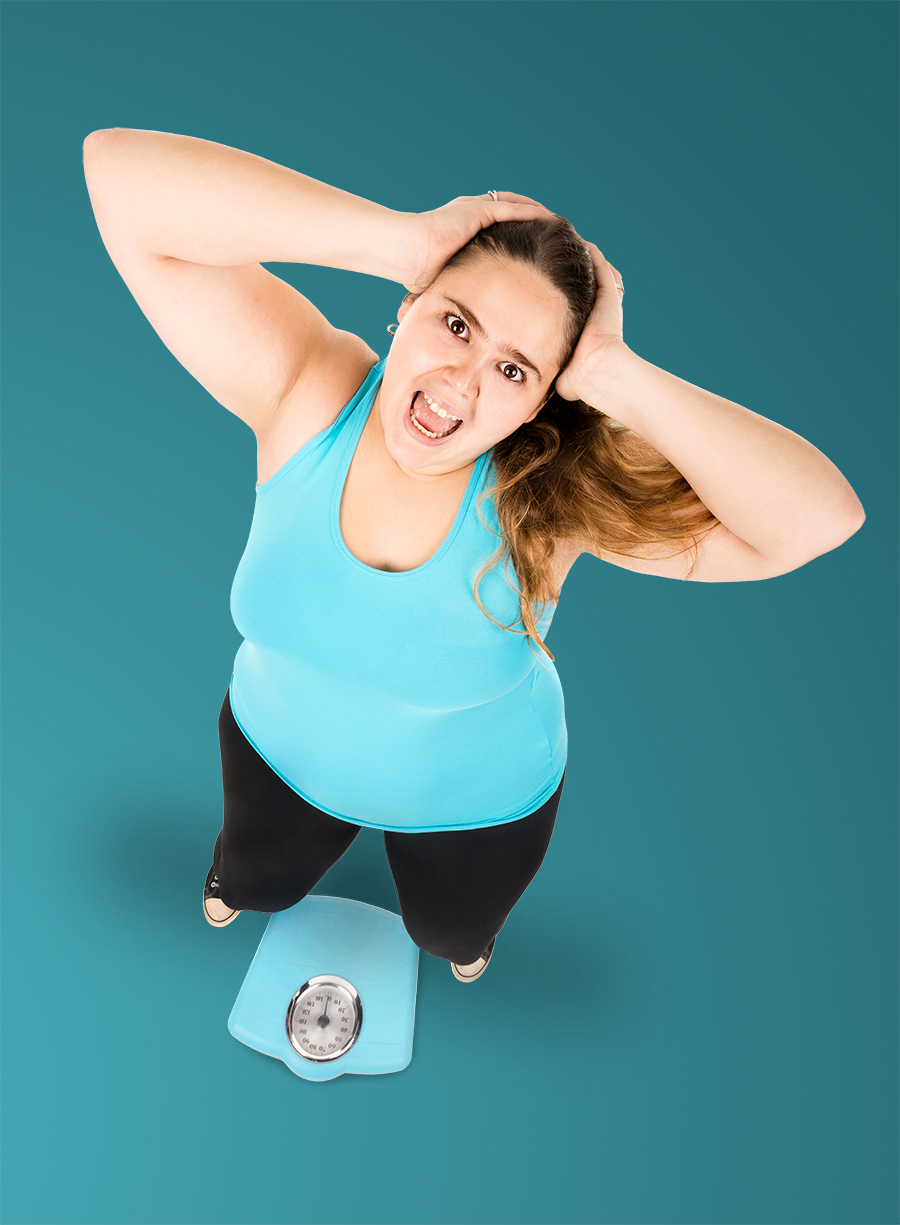Is anxiety making you fat?
The answer is an emphatic ‘Yes!’
Story: Nancy Bryan
The best way to understand anxiety and weight is visualizing the body as a messaging system that dwarfs the distribution system of the post office. While you feel anxiety, your body undergoes a set of processes known as “the stress response” that calls forth a dazzling array of hormones (norepinephrine, cortisol, dopamine, and others). I’m focusing on cortisol, the hormone primarily responsible for fat formation.
Before he developed the South Beach Diet, Dr. Arthur Agatston, a cardiologist, noticed many of his obese cardiology patients at risk for developing type 2 diabetes had what is called “metabolic syndrome,” a condition with three well-recognized symptoms: belly fat, insulin resistance, and reactive hypoglycemia. This was reinforced by Dallas and Melissa Hartwig’s book, “It Starts with Food.”
If you are chronically stressed-out, most of the stress you feel daily is in your subconscious. You may not be the only one blind to it; your doctor (possibly chronically stressed-out) may not see your problem is stress related.
Stress also causes the release of dopamine from the brain’s limbic system, which binds to specific receptors in the brain. The ultimately futile search for more gratification from addictive substances is the essence of how addiction works.
Let’s be crystal clear—with compulsive eating, food functions not as nourishment but as a narcotic, a substance capable of instilling an artificial feeling of calm and removing unwelcome awareness.
When my husband died nearly four years ago, my eating spiraled out of control. Because I was eating too much, I gained weight steadily and faced widowhood getting fatter and fatter, which I certainly didn’t want. I understood that if I wanted this unhealthy pattern to stop, I had to eliminate the foods I craved constantly, so right away I cut wheat, sugar, and dairy from my diet.
The results were dramatic and gratifying. Immediately my food cravings ceased; I ate normal portions of food at normal times of the day. To my surprise, I pushed plates of food away, even with food on the plate. And I lost the excess weight I had gained.
I don’t need one more shred of evidence to convince me there are two starkly different modes of eating: first, the normal way (which people of normal weight use); second, the addictive, out-of-control way, which leads to insatiable cravings and unremitting weight gain. I know which

